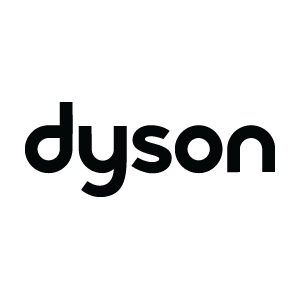- Creative Commons Licensing
- Copyright holders have traditionally shared their work with others in very restrictive ways, either by assignment or proprietary licensing. However, with the digital revolution and the explosion of social media, content users want more freedom to adapt and share content with each other.
- If you want others to freely share your work online, there are a number of more “open” licensing models you can use to distribute your work. The best known and most widely used is the Creative Commons licenses.
- Many people think that work published under a Creative Commons license is essentially a waiver of copyright. This is incorrect as the licensor still asserts copyright over the licensed work, but grants further freedoms to others to share, adapt and redistribute the work under the license.
- Creative Commons (CC) has six main license types, each type with its own level of restrictiveness. The restrictions are based on 4 concepts:
- Attribution (crediting the original creator)
- Share-alike (sharing derivative works under identical licence terms)
- Non-commercial purposes (allow rights but not to make money)
- No-derivative works (redistribute and use actual work but don’t make changes).
- The 6 main license types are:
- Attribution:
- This license lets others basically do what they want with your work (including make money from it): provided they credit you for the original work in a way that suits you.
- Attribution Share-Alike:
- This license again grants all the same rights (including commercial use): provided the user credits you and licences any new works under the identical terms.
- Attribution No Derivatives:
- This license allows your work to be redistributed (including commercially), but it cannot be changed and it must be credited to you.
- Attribution Non-Commercial:
- This license lets others do what they want with your work provided it is not for commercial purposes and you are properly credited.
- Attribution Non-Commercial Share Alike:
- This license grants all rights to others, provided they enjoy them for non-commercial purposes only, they licence any derivative works under identical terms, and you are properly credited for the original work.
- Attribution Non-Commercial No Derivatives:
- This license only allows others to download your works and share them, provided proper credit is given to you. The original work cannot be changed or used commercially.
(Quick Guide to the Licences and their Notation)








